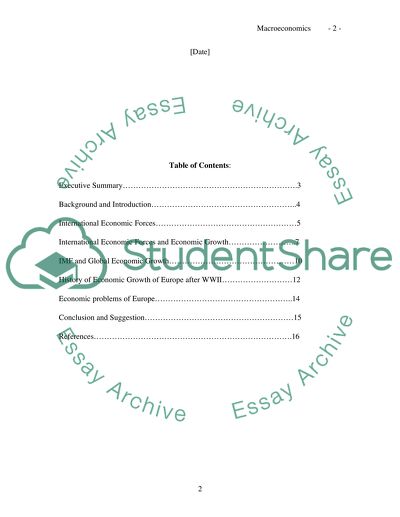Cite this document
(“The nternational economic forces Assignment Example | Topics and Well Written Essays - 2250 words”, n.d.)
Retrieved from https://studentshare.org/macro-microeconomics/1395519-the-nternational-economic-forces
Retrieved from https://studentshare.org/macro-microeconomics/1395519-the-nternational-economic-forces
(The Nternational Economic Forces Assignment Example | Topics and Well Written Essays - 2250 Words)
https://studentshare.org/macro-microeconomics/1395519-the-nternational-economic-forces.
https://studentshare.org/macro-microeconomics/1395519-the-nternational-economic-forces.
“The Nternational Economic Forces Assignment Example | Topics and Well Written Essays - 2250 Words”, n.d. https://studentshare.org/macro-microeconomics/1395519-the-nternational-economic-forces.


